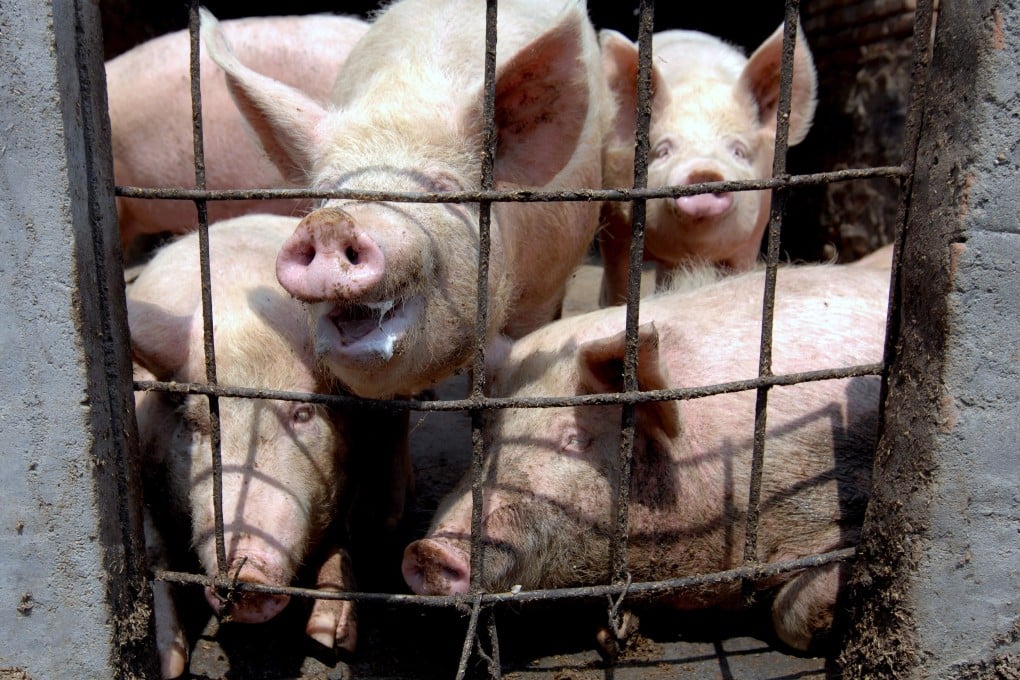Why you should turn vegan to end factory farming’s daily carnage – author’s manifesto for change
- We continue to eat meat and wear animal furs because we won’t face up to the horrors inflicted on sentient beings by industrial farming, Roanne van Voorst says
- Having aroused our compassion for farm animals, she seeks to channel it into action with advice on how to cook plant-based food and what to listen to and read

Once Upon a Time We Ate Animals: The Future of Food by Roanne van Voorst, translated by Scott Emblen-Jarrett, pub. HarperOne
Death toll: 150 million a day.
And that’s a conservative estimate. As youanticipate gorging on your Christmas turkey, consider that the above is the figure author and anthropologist Roanne van Voorst puts on the number of “fish, chickens, pigs, cows, goats, sheep” our species slaughters for food.
It does not include any of the millions of animals killed in laboratories every year in tests on the latest cosmetics or cleaning agents, or those slaughtered for fur coats or other attire. Or male calves and chicks, designated “waste products” by a food industry that has no use for them and kills them immediately after birth, or animals used in bullfights, dog or horse races, aquariums or “waterworld attractions”.

The scale of our behaviour, she says, is simply too overwhelming to contemplate. Hence this manifesto for veganism calls for our compassion first to be aroused, then to be put into action: the book closes with advice on what to watch, listen to, read and cook; on how to reject what is considered “normal”.
